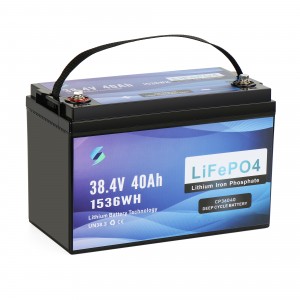
To keep your RV battery charged and healthy, you want to make sure it’s getting regular, controlled charging from one or more sources — not just sitting unused. Here are your main options:
1. Charge While Driving
-
Alternator charging: Many RVs have the house battery connected to the vehicle’s alternator through an isolator or DC-DC charger. This lets the engine recharge your battery on the road.
-
Tip: A DC-DC charger is better than a simple isolator — it gives the battery the correct charging profile and avoids undercharging.
2. Use Shore Power
-
When parked at a campground or home, plug into 120V AC and use your RV’s converter/charger.
-
Tip: If your RV has an older converter, consider upgrading to a smart charger that adjusts voltage for bulk, absorption, and float stages to prevent overcharging.
3. Solar Charging
-
Install solar panels on your roof or use a portable kit.
-
Controller needed: Use a quality MPPT or PWM solar charge controller to manage charging safely.
-
Solar can keep batteries topped up even when the RV is in storage.
4. Generator Charging
-
Run a generator and use the RV’s onboard charger to replenish the battery.
-
Good for off-grid stays when you need quick, high-amp charging.
5. Battery Tender / Trickle Charger for Storage
-
If storing the RV for weeks/months, connect a low-amp battery maintainer to keep it at full charge without overcharging.
-
This is especially important for lead-acid batteries to prevent sulfation.
6. Maintenance Tips
-
Check water levels in flooded lead-acid batteries regularly and top up with distilled water.
-
Avoid deep discharges — try to keep the battery above 50% for lead-acid and above 20–30% for lithium.
-
Disconnect the battery or use a battery disconnect switch during storage to prevent parasitic drain from lights, detectors, and electronics.
Post time: Aug-12-2025









